NEARSIGHTEDNESS - TO UNDERSTAND MYOPIA AND GET TREATED
Nearsightedness or myopia, is a certain form of optical ametropia in the human eye. Those who affected can see clearly at close range. However, they can only perceive far objects only blurred. Depending how severe is ametropia, this can result in considerable visual impairment in everyday life. Would you like to see clearly again in the distance – without glasses and contact lenses? EuroEyes offers various options for correcting nearsightedness.
WHAT IS THE RIGHT METHOD FOR ME?
Prior to treatment, a thorough examination and consultation will always take place in order to determine whether or not you are a suitable candidate for a laser eye treatment. Safety and diagnostics are our absolute priorities. If the examination reveals that you aren’t a suitable candidate for the laser eye surgery, you will be offered another solution to correct your vision disorder.
LASER VISION CORRECTION FOR THE TREATMENT OF MYOPIA
We use various laser eye methods to treat nearsightedness or myopia. We also use these procedures in the case of myopia in combination with astigmatism to restore your visual acuity.
In addition to the common eye laser procedures, we also offer you lens surgery in case if in addition to myopia, there is a presbyopia or if we determine at the preliminary examination that the laser eye surgery methods are not suitable.
THE PROCEDURES AND CONDITIONS FOR CORRECTING MYOPIA
| Procedure | Myopia |
|---|---|
SMILE Pro |
up to -10 D, depending on the thickness of the cornea |
Femto-LASIK |
up to -8 d, depending on the thickness of the cornea |
No-Touch Trans PRK |
up to -6 D, for example with very thin corneas |
Implantable Contact Lens (ICL) |
from -8 D, patient younger than 40 - 45 years |
Multifocal lens |
all diopters, patient older than 40 - 45 years |

OUR TOP DOCTORS
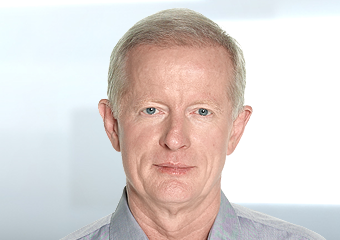
Dr. Jørn Slot Jørgensen
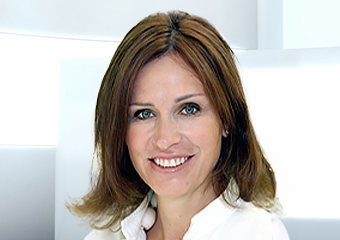
Dr. med. Inken Lamcke
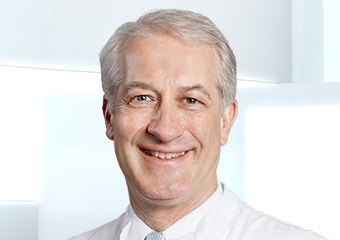
Dr. Ralf-Christian Lerche
DIAGNOSING MYOPIA
The diagnosis of nearsightedness (myopia) is carried out as part of an eye examination at EuroEyes. The ophthalmologist determines the exact degree of ametropia with the help of refraction measurements, which determine the refractive power of the eye. The measurement result provides the value of the refractive index that a lens must have to correct myopia. After the detailed and personal consultation, the preliminary examination will determine how severe the ametropia is and which procedure you are suitable for.
WE HAVE THE SOLUTION: MYOPIA LASERED WITH EUROEYES
If you suffer from nearsightedness and you would like to get a treatment that permanently corrects your ametropia, we recommend lasering myopia. Today, laser technology is a modern treatment method that has already been successfully used for this purpose. It is valued not only by patients who wish permanent correction of their ametropia, but also by those who find wearing contact lenses or glasses uncomfortable. Glasses and contact lenses can also prove to be a hindrance in certain professional activities or in sports.
The EuroEyes Clinic Group offers you professional treatment, a high level of technical expertise and many years of experience of its highly specialized eye surgeons in the field of laser eye treatment. The latest and most modern examination and treatment methods are used at EuroEyes.
DO SMARTPHONES CAUSE MYOPIA?
Millions of people look at a screen every day, regardless of whether it is a smartphone, tablet or computer. Constantly focusing on screens has a negative impact on the eye, since the person concerned is in close-up mode. The healthy balance, the view into the distance, is missing in most cases. The eyes rarely have the opportunity to “recover”. Due to the constant focus on the screens of cell phones or tablets, the eyeball elongates and the focus of vision shifts. While in a case of “healthy” eye vision the light rays are focused exactly on the retina, however in case of myopia – in front of the retina. The result is increasing myopia. That is why the German Ophthalmological Society (DOG) sees a connection between media use and increasing of myopia. As long as the eye is still growing, we recommend that children and teenagers exercise for at least one hour in daylight. You can find more methods of prevention here.





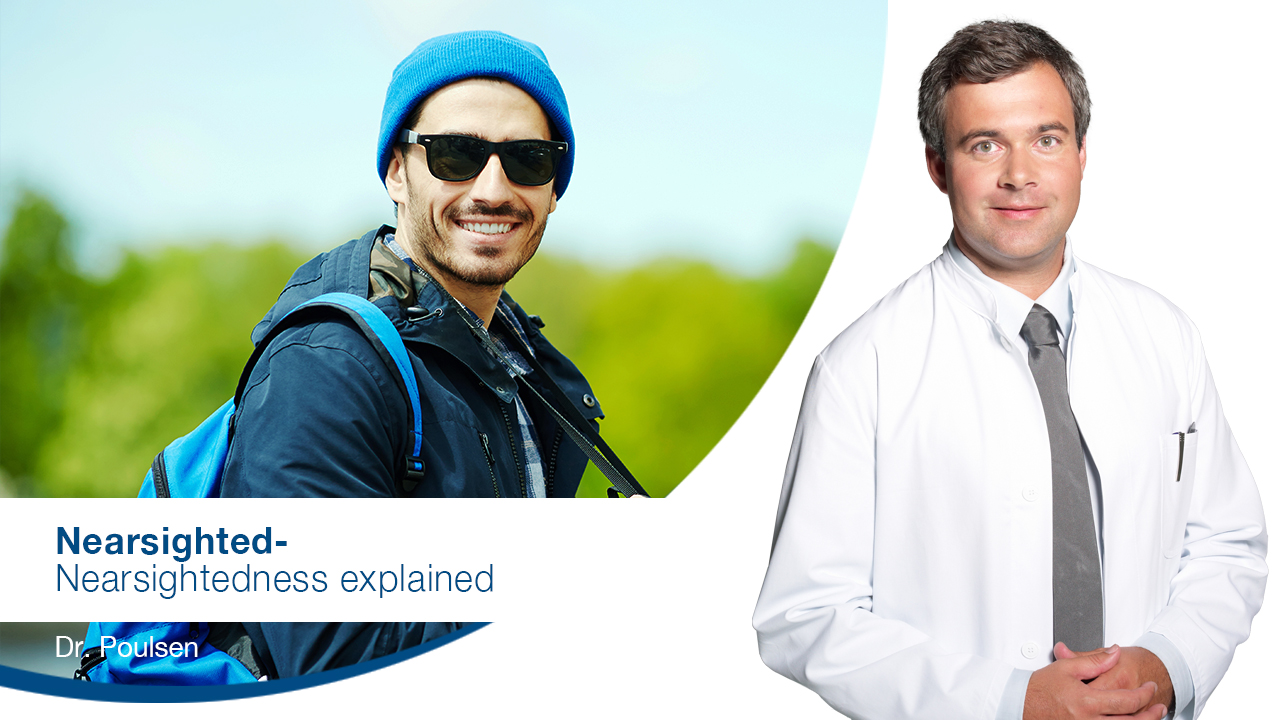



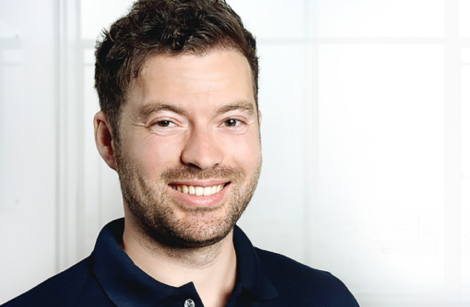

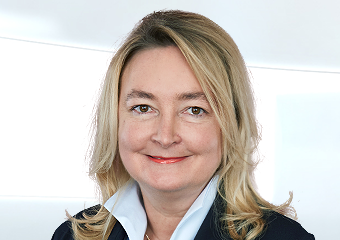
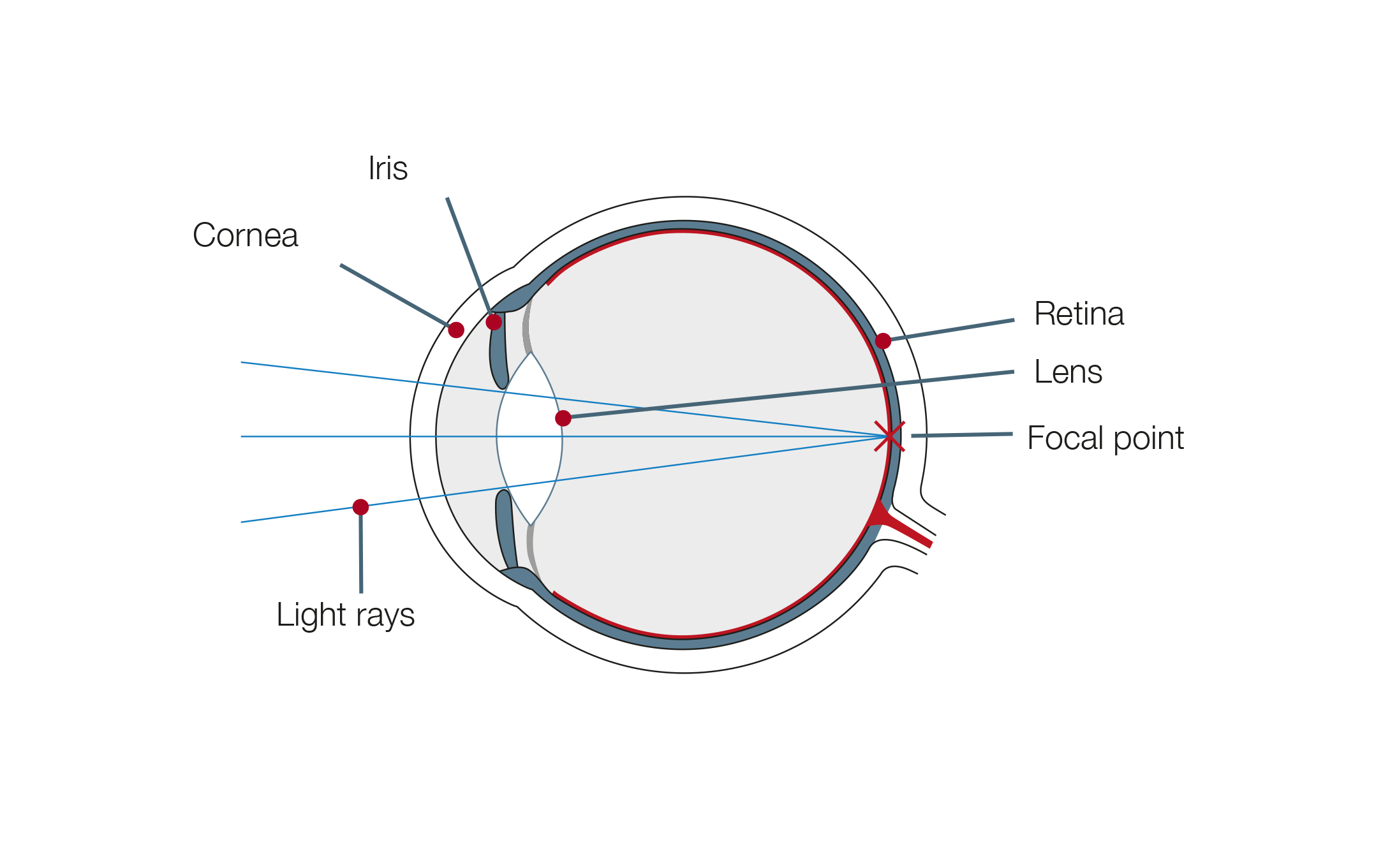
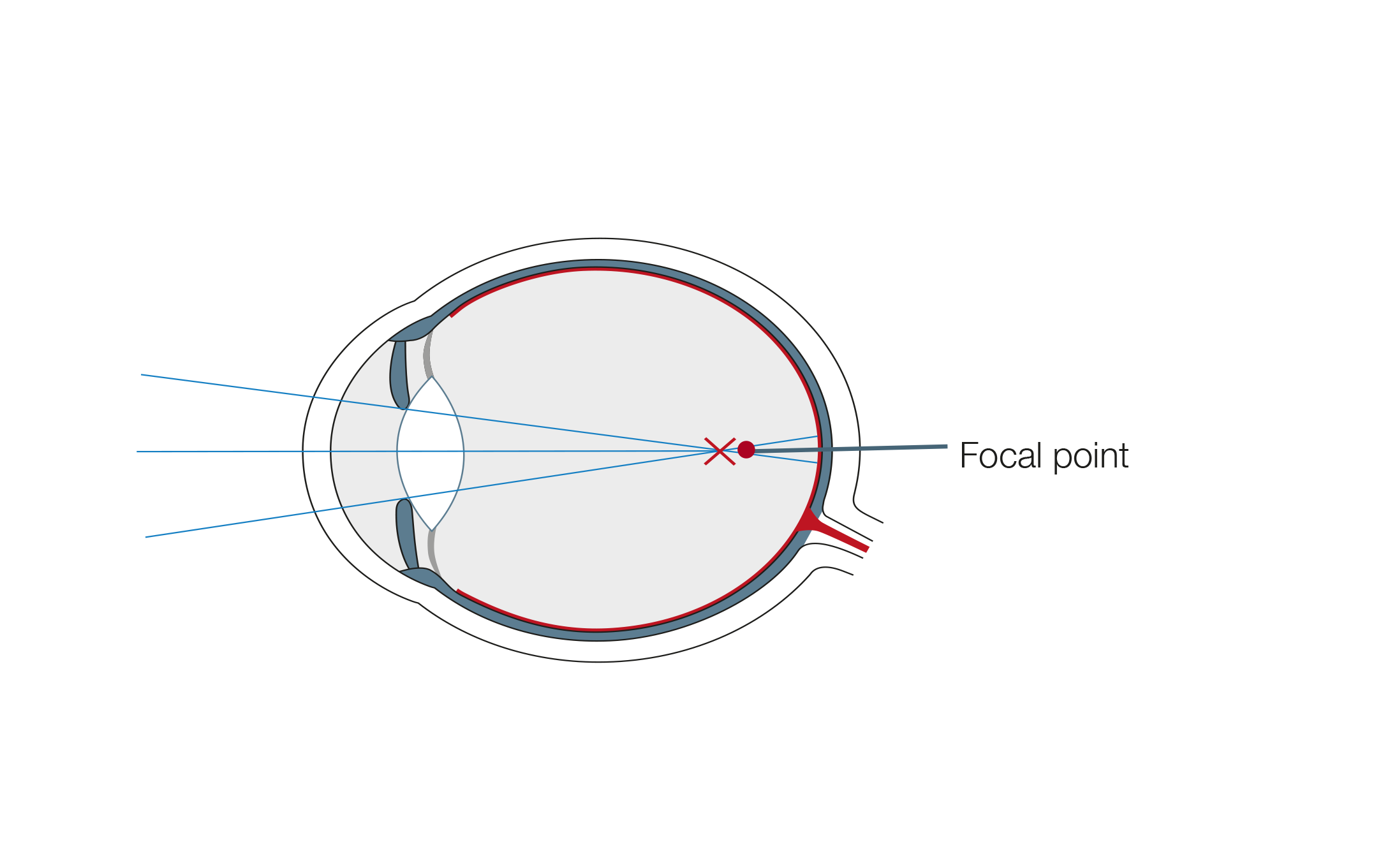


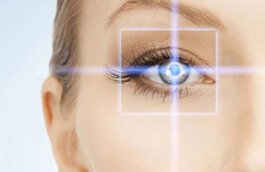

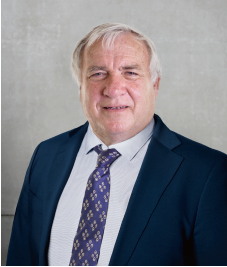

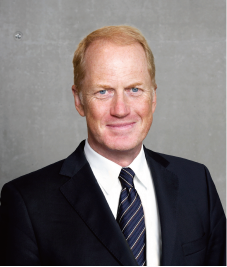

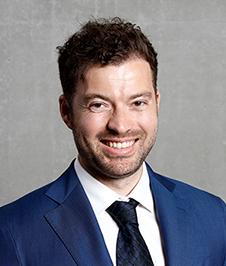
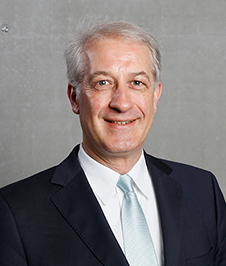
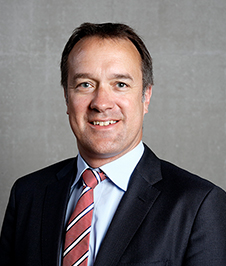
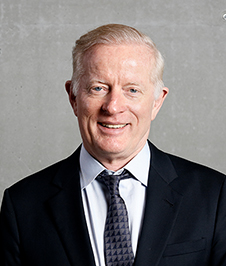


Join our Newsletter